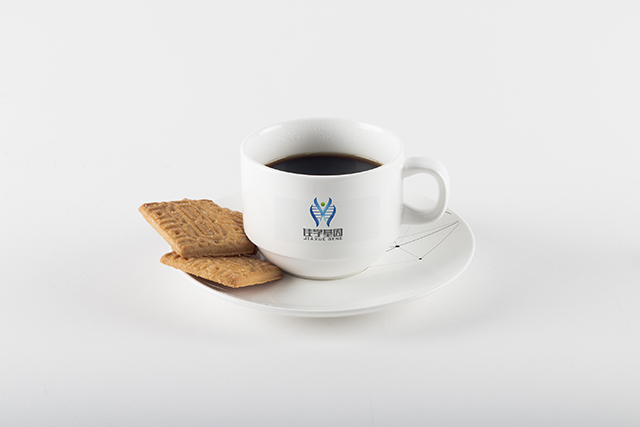【佳学基因检测】回顾使用 21 基因检测的临床研究
基因检测费收费标准秘决
课题调研如何选择有效的靶向药物治疗《肿瘤靶向药物选择的基因突变标准》《Oncologist》在 2010;15(5):447-56发表了一篇题目为《回顾使用 21 基因检测的临床研究》肿瘤靶向药物治疗基因检测临床研究文章。该研究由Catherine M Kelly, Ellen Warner, Daphne T Tsoi, Sunil Verma, Kathleen I Pritchard等完成。促进了肿瘤的精准治疗与个性化用药的发展,进一步强调了基因信息检测与分析的重要性。
肿瘤靶向药物及精准治疗临床研究内容关键词:
0
肿瘤靶向治疗基因检测临床应用结果
目的:治疗早期激素受体 (HR)(+) 乳腺癌的主要挑战是选择初次手术后不需要化疗的女性。需要更好的预后和预测测试。 21 基因检测是唯一可以在福尔马林固定石蜡包埋组织上进行的广泛商业化基因特征。方法:我们回顾了支持 21 基因检测在 HR 中的预后和预测能力的文献。 +) 化疗/内分泌治疗和未治疗人群中的淋巴结阴性和淋巴结阳性乳腺癌患者。我们考虑了:(a)复发评分(RS)作为远处复发的预后因素有多准确? (b) RS 作为全身治疗获益的预测因素有多准确? (c) RS 与其他预后/预测因素(如肿瘤大小、肿瘤等级、患者年龄和辅助决策辅助工具)相比如何!在线的? (d) 患者和医生如何看待 21 基因检测? (e) 21 基因检测的成本影响是什么?结果: 21 基因检测: (a) 提供准确的风险信息, (b) 对环磷酰胺、甲氨蝶呤和 5-氟尿嘧啶以及对环磷酰胺、多柔比星和 5-氟尿嘧啶化疗的预测反应, (c) 为传统生物标志物增加额外信息, (d) 得到医生和患者的积极评价, (e) 在北美的成本效益值范围内。结论:该测定可提供给淋巴结阴性 HR(+) 乳腺癌患者,以协助辅助治疗决策。越来越多的数据支持在 HR(+) 淋巴结阳性患者中使用 21 基因检测。
肿瘤发生与复发转移国际数据库描述:
Purpose: A major challenge in treating early-stage hormone receptor (HR)(+) breast cancer is selecting women who, after initial surgery, do not require chemotherapy. Better prognostic and predictive tests are needed. The 21-gene assay is the only widely commercially available gene signature that can be performed on formalin-fixed paraffin-embedded tissue.Methods: We conducted a review of the literature supporting the prognostic and predictive ability of the 21-gene assay in HR(+) node-negative and node-positive breast cancer patients in chemotherapy-/endocrine-treated and untreated populations. We considered: (a) How accurate is the recurrence score (RS) as a prognostic factor for distant recurrence? (b) How accurate is the RS as a predictive factor for benefit from systemic therapy? (c) How does the RS compare with other prognostic/predictive factors such as tumor size, tumor grade, patient age, and integrated decision aids such as Adjuvant! Online? (d) How do patients and physicians view the 21-gene assay? (e) What are the cost implications of the 21-gene assay?Results: The 21-gene assay: (a) provided accurate risk information; (b) predicted response to cyclophosphamide, methotrexate, and 5-fluorouracil and to cyclophosphamide, doxorubicin, and 5-fluorouracil chemotherapy; (c) added additional information to traditional biomarkers; (d) was viewed positively by both physicians and patients; and (e) fell within the cost-effectiveness values in North America.Conclusion: This assay may be offered to patients with node-negative HR(+) breast cancer to assist in adjuvant treatment decisions. Data are accumulating to support the use of the 21-gene assay in HR(+) node-positive patients.

(责任编辑:admin)



